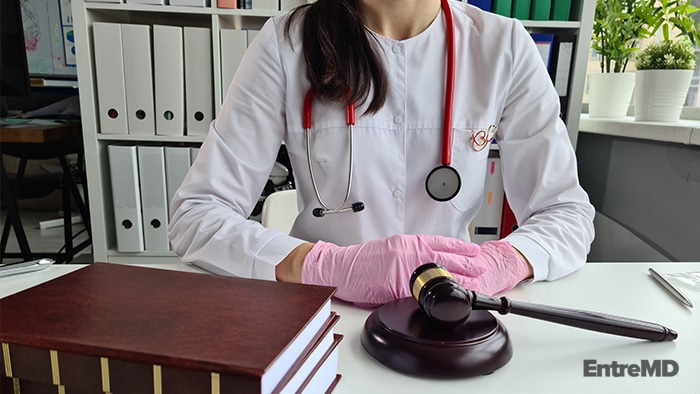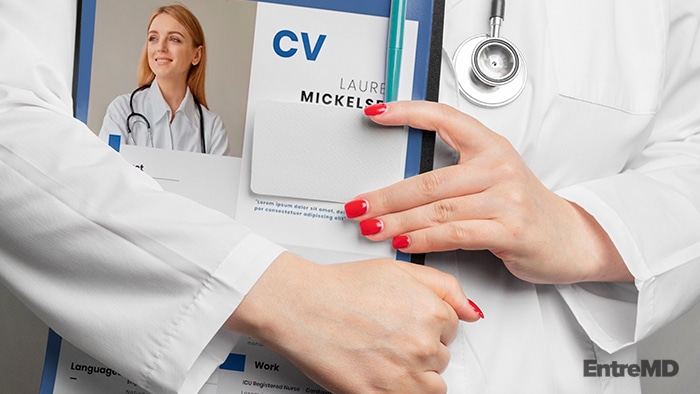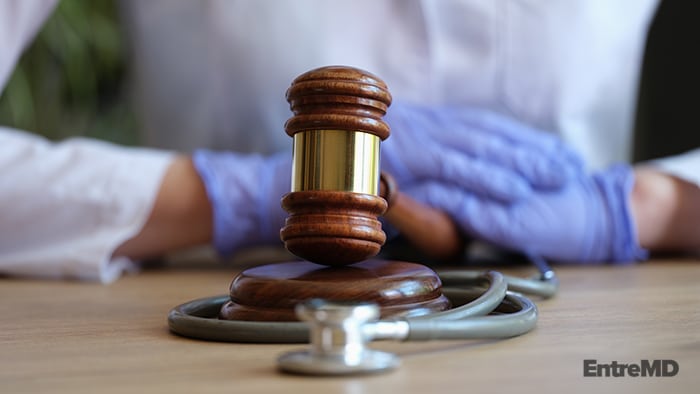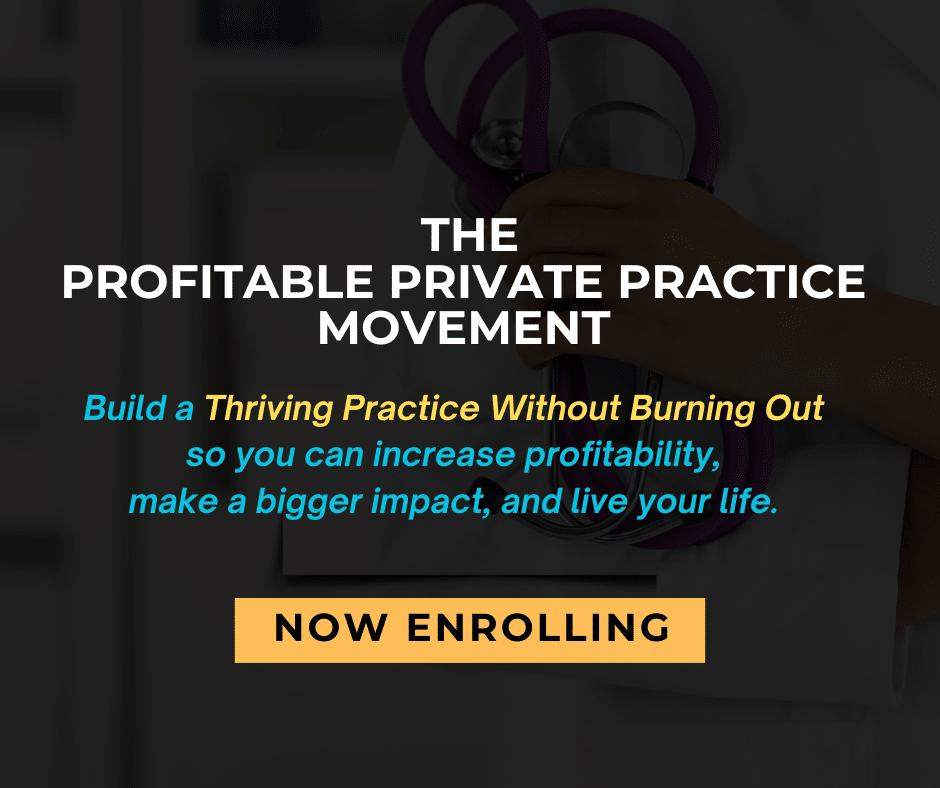Expert medical witnesses have become an important part of the judicial system as they give evidence to help courts make decisions. They help judges and juries understand the evidence that’s presented in cases clearly and concisely.
An expert medical witness is someone with a specialized understanding of the medical field. They are often called upon to provide testimony in legal proceedings and offer opinions on medical issues to the court or jury.
The support of an experienced expert witness can be used by either the plaintiff or the defense. On the plaintiff’s side, testimony can be made to prove someone’s injuries breach the professional duty owed. On the side of the defense, testimony can help defend a medical professional or institution accused of failing in their duty.
Medical Malpractice Claims to Workers’ Compensation Disputes
The opinion of a medical expert witness is invaluable in a wide variety of cases, ranging from medical malpractice claims to workers’ compensation disputes. They play a vital role in the legal process by providing necessary information and expertise on medical matters.
To prove that malpractice has occurred, a plaintiff must be able to establish that they were owed a duty of care by the defendant, that the defendant breached the duty of care, that the breach caused the plaintiff’s injuries, and that the injuries resulted in damages.
In cases involving medical negligence, an expert medical witness is consulted to assess the extent of damages caused by the physician’s negligence or incompetence. Expert witnesses provide an impartial evaluation based on the facts and circumstances of the case, analyzing the records and interviewing healthcare providers.
They also advise plaintiffs and defendants on various matters, such as the expected outcomes and the costs associated with any treatment or continuing care. In addition, they provide an assessment of any losses that may have occurred due to the injury, such as loss of earning capacity, disability, or disfigurement.

The opinions of expert witnesses may be instrumental in helping the parties resolve the dispute without going to trial. To qualify as an expert medical witness, you need to have an advanced degree from an accredited institution, such as a Doctor of Medicine (M.D.) or Doctor of Osteopathic Medicine (D.O.).
It’s also important to be able to demonstrate expertise and experience in evaluating medical issues about potential claims of negligence or wrongdoing. Expert witnesses should need to have strong research capabilities, good writing skills, and excellent communication abilities.
Potential experts need to first pass a series of tests designed to measure their knowledge and qualifications related to this field, and they need to complete specialized training related to testifying before courts or arbitrators. Becoming an expert medical witness requires significant commitment and dedication.
The Expert Institute created an extensive list of the types of cases where the testimony of an expert witness can be needed:
- Medical malpractice claims
- Misdiagnosis, delayed diagnosis, and failure to diagnose
- Surgical errors
- Childbirth errors and congenital disabilities
- Anesthesia errors
- Medication errors
- Administrative errors
- Personal injury claims
- Traumatic brain injury
- Pain and suffering evaluations
- Disability claims and life care planning
- Toxic Tort and Workers Compensation Claims
- Criminal and insanity defense
- Sexual assault and domestic abuse claims
- Addiction evaluation and care
- Elder abuse claims
- Prisoner abuse claims
- Determining the cause of death
How to Become an Expert Witness
In order to be accepted as an expert medical witness, doctors must be able to demonstrate a mastery of the relevant subject matter and have the ability to break down complex scientific and technical language into terms that the judge or a jury can understand.
They must also be able to state opinions with “reasonable medical certainty” in order for their testimony to be considered “expert.” An expert medical witness helps the judge or jury reach a more valid conclusion about the facts of the case.

A medical expert witness needs to be able to:
- Look at the material facts of a case
- Prepare written statements and reports
- Create models and visual aids to explain their theories
- Prepare expert testimony to the court
Pros and Cons of Becoming an Expert Medical Witness
When it comes to the pros and cons of becoming an expert medical witness, the biggest pro might just be the money that can be made. Expert witnessing can be extremely profitable, depending on expertise and experience.
Many experts earn at least $125/hour and can earn as much as $1,000/hour. Even working part-time can generate a six-figure income, and those at the top of their game can earn over $1,000,000 in a year.
Much of the work can be done from a home office — even court testimony. If the case goes to trial, some travel may be involved, but a large percentage of even testifying can be accomplished through teleconferencing.
The work of an expert medical witness involves a lot of research and writing. If you like the sound of digging into document reviews, investigating claims, and acting the part of a “medical detective,” you’ll enjoy the work.

On the cons side of being an expert medical witness, you’ll need to be prepared to have your qualifications, credibility, and even your motives and integrity challenged. In the deposition and trial phase of the work, opposing counsel will ask pointed questions, and it’s helpful to have a level of thick skin to deal with this.
Much of expert witness work comes with a deadline, which can be stressful, especially if working on more than one case at the same time. And, as mentioned above, there may be some travel involved if the court case requires it.
Qualifications and Ethical Guidelines to Become an Expert Medical Witness
The American Society of Anesthesiologists (ASA) supports the concept of expert testimony by anesthesiologists. It provides some really helpful guidelines for qualifications and ethical standards that apply to all expert medical witnesses.
The article starts by stating that the integrity of the litigation process in the United States depends on expert witnesses’ honest, unbiased, and responsible testimony. Such testimony is used to clarify and explain technical concepts and articulate professional care standards.
For any physician to be qualified as an expert witness, they must be board-certified in their specialty, maintain active hospital privileges, fully understand the standards of practice, and demonstrate ethical conduct. Experts must follow a clear and consistent set of ethical guidelines that apply to written opinions and verbal testimony.

Experts should be independent and impartial in evaluating and avoid advocating any particular outcome. They should also take care to provide truthful, accurate, and unbiased information in their opinion and testimony.
They must maintain professional objectivity, even under pressure from either side of the legal argument. They need to remain open-minded throughout the process to avoid prejudging any outcomes or making assumptions based on incomplete data or facts.
As well, expert medical witnesses must stay current about changes and advances in the field of medicine and integrate these advancements into their testimonies whenever possible. Finally, they should always cite reliable sources to back up their claims and remain updated on current scientific literature related to their areas of expertise.
How to Get Started as an Expert Medical Witness
If you have the proper credentials to become an expert medical witness, you’ll only need two things to get started:
- A Curriculum Vitae (CV)
- A retention contract
Physician C.V.s should always be carefully drafted, especially for anyone who wants to be an expert witness. Opposing parties will take any chance they’re given to disparage the witness’s qualifications, education, and experience to question the expert’s credibility.

A carefully written retention contract helps to clearly set out expectations and address issues and topics like the ones in SEAK’s Expert Witness Retention Agreement:
- Being kept in the dark by retaining counsel
- Being purposefully conflicted out of the case
- Being stuck in a case with a problematic attorney
- Collection of fees
- Conflicts of interest
- Credibility challenges
- Deposition fees reduced via a protective order
- Document retention
- Duties toward successor law firms
- Expense reimbursement
- Incomplete documentation
- Lack of preparation by retaining counsel before the testimony
- Last-minute testimony cancellations
- Late payment of fees
- Less than ethical attorneys
- Licensing issues when testifying out of state
- Non-payment of fees
- Preserving the expert’s reputation
- Pushed outside your true area of expertise
- Refusal to pay for all time spent on a case
- Scheduling
- Storage costs
- Subpoenas
- Travel conditions
- Undisclosed Daubert challenges
- Unreasonable budgets
- Unreasonable deadlines
- Unreviewed answers to interrogatories
The 2,000-word agreement comes with a 30-day money-back guarantee and is available by instant download for $150.00 U.S.
How to Find Expert Medical Witness Cases
By and large, expert witness cases come through positive word-of-mouth recommendations.

Those expert witnesses with good reputations all seem to do the following:
- Overdeliver on the retaining counsel’s expectations
- Respond to phone calls and emails quickly and consistently
- Make themselves available
- Are always dependable
- Don’t have any credibility issues
- Deliver defensible opinions
- Write excellent reports
- Are clear in their deposition and trial testimony
Some other ways that expert witnesses find work in this exciting field are by
- Finding a growing and underserved niche
- Reaching out directly to attorneys who specialize in medical litigation
- Using third-party brokers or referral services such as The TASA Group or the Forensis Group
- Creating a professional website
- Writing blog posts that use Search Engine Optimization (SEO)
- Leveraging professional social media sites such as LinkedIn
- Developing a reputation as an expert in your specialty through speaking engagements and publishing articles
State Licensing Requirements for Expert Medical Witnesses
There are two main state licensing requirements across the United States:
- No license is required.
- The professional must be licensed in the state or any other state.
States that don’t require a license:
- California
- Delaware
- Guam
- Hawaii
- Idaho
- Indiana
- Kentucky
- Maine
- Massachusetts
- Minnesota
- Missouri
- Nebraska
- Nevada
- New Hampshire
- New Mexico
- North Dakota
- Oregon
- Rhode Island
- South Dakota
- Vermont
- Washington
- Wisconsin
- Wyoming
States that require the professional to be licensed in the state or any other state:
- Alabama
- Alaska
- Arizona
- Arkansas
- Colorado
- Connecticut
- Florida
- Illinois
- Iowa
- Kansas
- Louisiana
- Maryland
- Michigan
- Mississippi
- Montana
- New Jersey
- North Carolina
- Ohio
- Oklahoma
- Pennsylvania
- Tennessee
- Texas
- Utah
- Virginia
- West Virginia
The District of Columbia Court of Appeals adopted “Federal Rule of Evidence 702 to govern the admissibility of all expert testimony. An expert must therefore possess scientific, technical, or other specialized knowledge that will help the trier of fact to understand the evidence or to determine a fact in issue.”

Georgia requires the professional to be licensed and practicing “in which such expert was practicing or teaching in the profession at the time of the incident.”
In South Carolina, if the professional isn’t licensed in the state, a special license needs to be applied for “each proceeding the applicant is engaged to testify.”
FAQs on Becoming an Expert Medical Witness
Q: I didn’t go to Harvard Medical School and don’t have a Ph.D. Can I still make a career as an expert medical witness?
A: Expert witnesses aren’t judged firstly on their education but more on their experience, performance, and their skills in testifying. If you have these things, you don’t need to have a degree from the world’s foremost medical school.
Q: How old do you need to be to find work as an expert medical witness?
A: You do not need to wait until you’re in your 50s or 60s to get started as an expert medical witness. As long as you have the necessary specialized knowledge in your field and can do the work, you can find jobs as an expert witness.
You may not be the most knowledgeable person in the world, but as long as you can help a jury of laypeople understand the issues and decide the case, you qualify as an expert. Many successful expert witnesses can keep doing this kind of work into their 80s.
Q: Should I advertise a wide range of expertise?
A: While it may be counter-intuitive, focusing on narrower niches lets you better build your reputation.

Q: How much should I charge when starting as an expert medical witness?
A: Low-ball fees can scare away clients, as they may assume you’re incompetent. Search for other expert witnesses in your states to find out what they charge, and make sure to set your rates accordingly.
Q: How important is an online presence?
A: Incredibly important. Spend whatever time it takes to make sure your online presence across all platforms represents you well. The first thing an attorney will do if they’re considering hiring you is to Google your name.
Google yourself to see where your name (and reputation) pop up. Besides your professional presence, check images and messages on Facebook, Instagram, TikTok, and every other social media platform and remove any that would diminish your reputation.
Q: Should I advertise my services?
A: Advertising your services as an expert medical witness can be a very cost-effective way to get business. At least at the beginning of your career, you’ll want to get the word out as much as possible in order to attract clients.
The work of an expert medical witness has a lot to recommend it. It fits all the requirements I have to make you an Entrepreneurial MD — one that lets you build a six- or seven-figure freedom-based business!


